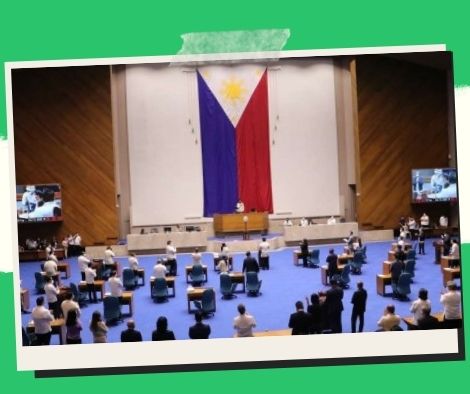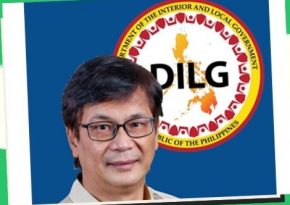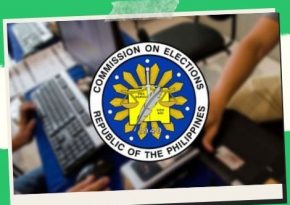
The panel in the House blocks e-governance bill
At the House of Representatives committee level, a priority measure that would institutionalize the transition of the government to e-governance in the digital era was blocked.
The substitute bill for 20 measures that would establish the e-government and establish the goals of the Philippine Infostructure Management Corporation was approved during the hearing on Wednesday by the House Committee on Information and Communications Technology, which is chaired by Representative Tobias Tiangco of Navotas City.
The measure was mostly written by House Speaker Martin Romualdez and is a key piece of legislation for President Ferdinand R. Marcos Jr.
According to Tiangco, the proposal aimed to create “an effective e-government plan that would create more valuable and meaningful services through interoperability and maximization of resources which are part of the powers and functions of the Department of Information and Communications Technology (DICT),” adding that corruption would be reduced with less human intervention in official business.
The bill encourages the use of ICT to change government operations, processes, and service delivery into a more transparent, integrated, and citizen-centric system of government.
The proposed Act would apply to all executive, legislative, and judicial branches as well as local governments, state universities and colleges, government-owned and -controlled businesses, and other instrumentalities, whether domestic or foreign, that provide services pertaining to business and nonbusiness related transactions.
House Bill No. 3 author Romualdez stated that government actions “must be responsive to our people’s needs, rather than burdening them with wholly needless restrictions.”
He claimed that “digitalization is clearly the most effective answer to the gap in the delivery of public services.”
In order for his government to offer the public “quick, transparent, and efficient” services, Marcos earlier underlined the necessity of accelerating the nation’s digital transition.
For the government to give the Filipino people the “best” services they deserve, Marcos stated it must “fully use” new technology and procedures.
And in order to successfully digitalize our bureaucracy, government, and the way we conduct business, work, and even connect with one another, he continued, “we (had) to make it as efficient, as streamlined, and as economical as possible so that we can deliver that incredibly vital service.”
As he pointed out that the Philippines had placed 89th out of 193 nations in the United Nations E-Government Survey, Marcos restated his goal to make the government “more flexible to fast-changing changes.”
Save/Share this story with QR CODE
Disclaimer
This article is for informational purposes only and does not constitute endorsement of any specific technologies or methodologies and financial advice or endorsement of any specific products or services.
 Need to get in touch?
Need to get in touch?

We appreciate your reading. 
1.) 

Your DONATION will be used to fund and maintain NEXTGENDAY.com
Subscribers in the Philippines can make donations to mobile number 0917 906 3081, thru GCash.
3.) 
4.) 
AFFILIATE PARTNERS

World Class Nutritional Supplements - Buy Highest Quality Products, Purest Most Healthy Ingredients, Direct to your Door! Up to 90% OFF.
Join LiveGood Today - A company created to satisfy the world's most demanding leaders and entrepreneurs, with the best compensation plan today.

 Business, Finance & Technology
Business, Finance & Technology





